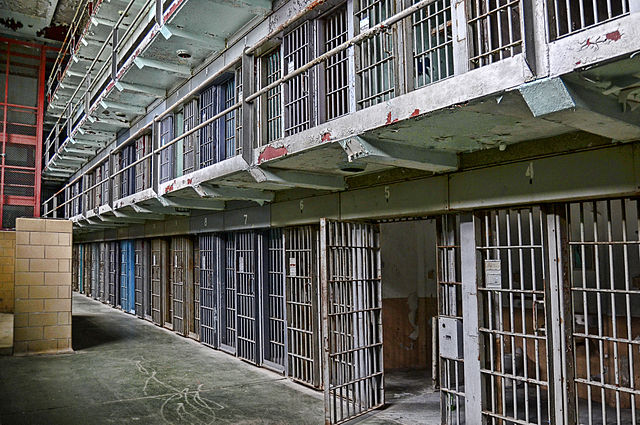Clemency vs Pardon
Identifying the difference between the terms Clemency and Pardon can be a conundrum. For individuals well-versed with the field of Public Law, as well as the Criminal Justice System, the distinction between the two terms is clear. However, for those not so acquainted or familiar with these areas, it can be somewhat difficult to identify the distinction between Clemency and Pardon. While both terms generally refer to the act of forgiving a convicted person, there is a subtle difference between Clemency and Pardon that separates both terms. To understand this distinction, it’s important to think of Clemency as a much broader concept than Pardon.
What does Clemency mean?
Clemency is often referred to as an act of forgiving, but it can also specifically mean leniency. This term implies that there is some form of exemption and/or liberty. Clemency is technically defined as the power given to an executive authority to reduce or moderate the severity of a punishment imposed upon an offender. Other sources define the term as an act of mercy or forbearance towards a criminal. Generally, Clemency entails reducing the penalties imposed on a convicted person without completely removing or dismissing his/her conviction from the record. Therefore, the person will still serve time in prison, but the term of imprisonment might be reduced or the nature of the sentence might be modified. Clemency is typically carried out by the head of government, usually the president. In the United States, a governor may grant Clemency for crimes affecting that particular state, while the President may grant Clemency for federal crimes. Clemency is considered a broader concept because it includes Pardon, reduction of a prison sentence, commutation of a sentence, or reprieve. Clemency is also granted in cases where the offender is either aged, needs medical care, or where there is doubt concerning guilt.
What does Pardon mean?
A Pardon falls within the concept of Clemency, meaning that it constitutes one form or type of Clemency. It is defined in law as the official act of forgiving someone of a crime committed. A Pardon has the effect of forgiving an offender of the crime committed and freeing him/her from the penalty imposed. It is typically granted when the relevant authority is satisfied that the person has served sufficient time in incarceration and has demonstrated good behavior and character during this time. The concept of Pardon originated from the early English system, wherein the monarch had the prerogative to forgive or pardon all forms of crimes against the crown. As with Clemency, a Pardon is typically granted by the head of state. In the United States, the president has the power to grant Pardon for offenders of federal crimes, while the governor has the power to grant Pardon for state crimes. Pardons may be unconditional or conditional. An unconditional Pardon frees an offender, restores his/her civil rights and innocence in society, and eradicates the conviction from the public record. Furthermore, the person cannot be retried for that same crime in the future. A Pardon is essentially an act that entitles a convicted person to a new beginning in society, in which there is no record of the conviction, suggesting that the crime was never committed at all. Unlike other forms of Clemency, a Pardon grants full freedom and liberty to the offender, in that he/she is not subject to any restrictions.
What is the difference between Clemency and Pardon?
• Clemency refers to an act of leniency wherein the executive authority either lessens the severity of a sentence or modifies it.
• A Pardon refers to an act of forgiveness wherein the offender is completely absolved of the crime and consequent penalties, and his/her civil rights are restored.
• Pardon is one type of Clemency. Clemency can include acts that may not necessarily free the person but instead might lower the prison sentence or grant some other form of exemption.
Key Takeaways
- Clemency is a broader concept than Pardon and refers to an act of leniency, while Pardon is an act of forgiveness that completely absolves the offender of the crime and penalties.
- Both Clemency and Pardon are carried out by the head of government, usually the president or a governor for state crimes in the United States.
- Pardon is one type of Clemency, which can also include other acts such as reducing a prison sentence or granting an exemption.
